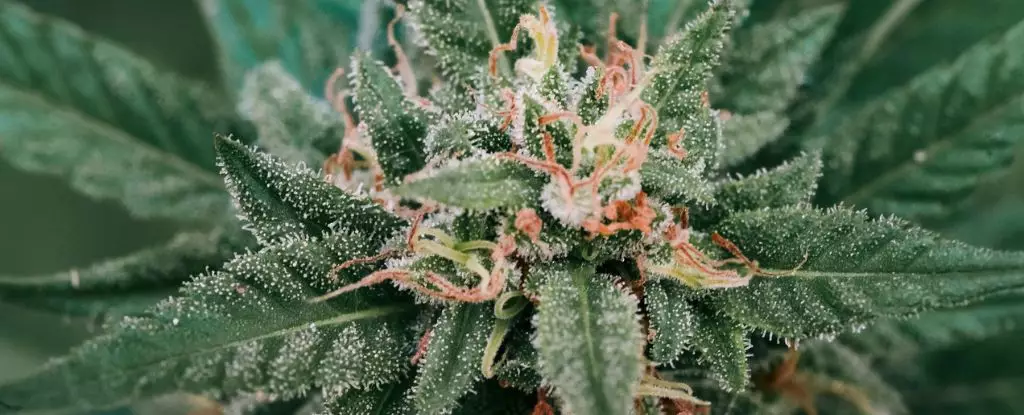The common belief that CBD can counteract the effects of THC may not be as straightforward as previously assumed. In a recent double-blinded clinical trial, researchers discovered that rather than diminishing THC’s intoxicating properties, CBD may actually amplify them. Participants who were given high doses of both THC and CBD reported significantly heightened feelings of being ‘high’ compared to when they consumed THC alone. This unexpected result challenges the widely-held notion that CBD can mitigate the negative side effects of THC such as cognitive impairment or anxiety.
Interestingly, the study also found that while lower doses of CBD had little effect on the intoxicating properties of THC, higher doses of CBD led to a noticeable increase in psychoactive effects. This suggests that there may be a dose-dependent relationship between CBD and THC, with higher concentrations of CBD potentially intensifying the impact of THC on the body and mind. Researchers observed elevated levels of THC and its metabolites in the blood of participants who ingested large amounts of CBD, indicating that CBD may interfere with the metabolism of THC, prolonging its effects.
The findings of this clinical trial contradict the popular notion that CBD serves as a ‘balancing’ agent for THC, attenuating its intoxicating effects. The authors of the study caution against relying on this assumption, emphasizing that the interaction between CBD and THC is complex and may not always follow the expected patterns. These results add to a growing body of evidence challenging the idea that CBD can act as a buffer against the negative consequences of THC consumption.
While previous studies have suggested that CBD may have potential benefits for managing chronic pain, the current trial did not find any significant impact of CBD on participants’ subjective ratings of pain. This raises questions about the efficacy of CBD products in relieving pain on their own and underscores the need for further research on the therapeutic effects of CBD. Despite the widespread interest in CBD for its potential health benefits, more studies are needed to understand its mechanisms of action and limitations.
As cannabis use continues to rise, particularly in the form of recreational consumption, it is crucial to gain a deeper understanding of how its main compounds, THC and CBD, interact with the human body. While this study focused on oral ingestion of CBD and THC, future research could explore other administration methods such as inhalation to assess the impact of different delivery mechanisms on the interaction between these compounds. By debunking common myths and shedding light on the true relationship between THC and CBD, we can make more informed decisions about the use of cannabis for both recreational and therapeutic purposes.


Leave a Reply